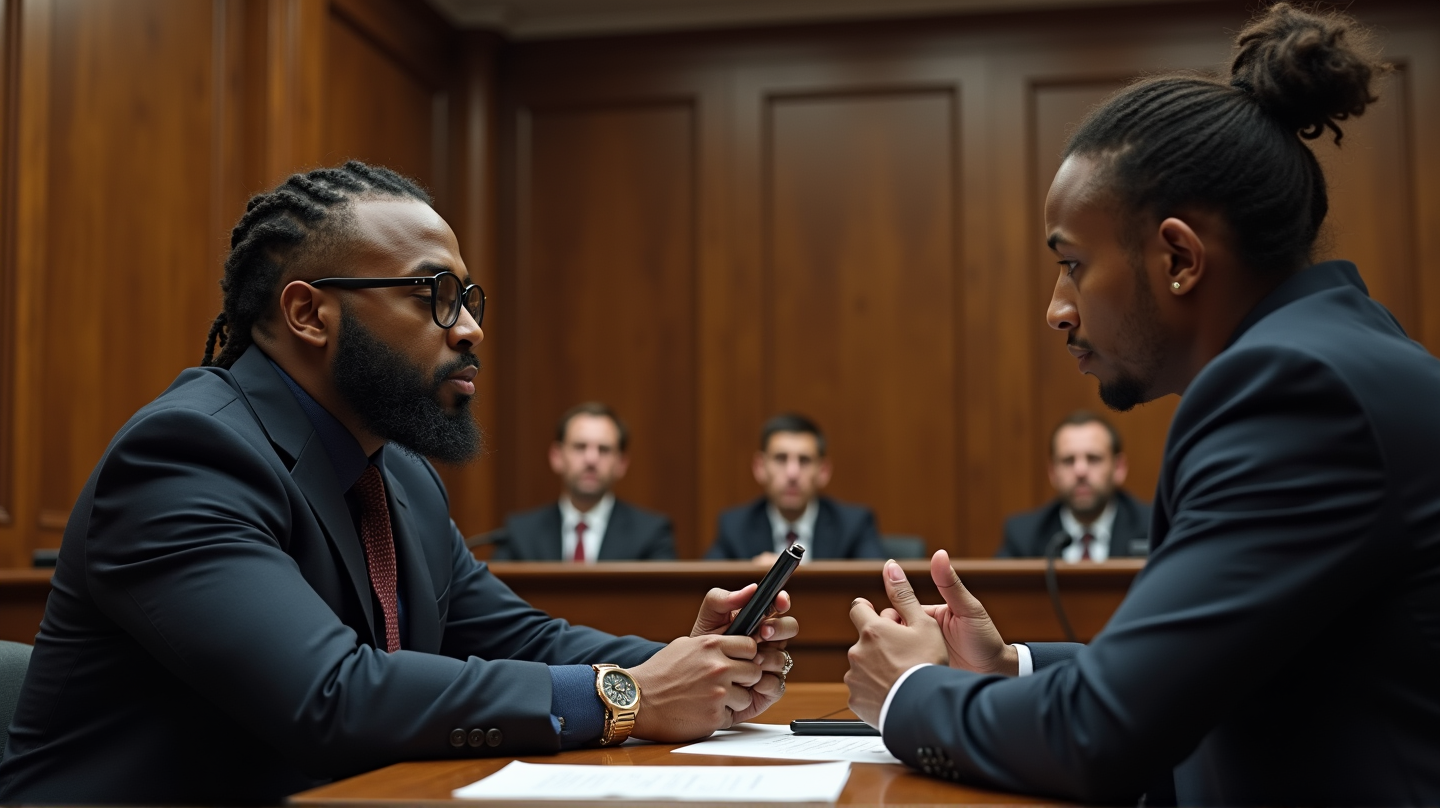The Battle of Perception
In a striking twist at the heart of Sean “Diddy” Combs’ ongoing legal trial, a defense strategy has ignited debate and discomfort in the courtroom. Defense attorney Brian Steel methodically attempted to undermine the credibility of a key witness by turning to her own social media posts, insinuating that past jovial interactions with Diddy negate claims of the horror she allegedly endured. The deliberate effort underscores a problematic trend where personal online expressions are wielded as unexpected tools in high-stakes legal battles.
The Testimony Under Scrutiny
Testifying under the pseudonym “Mia,” the witness painted a deeply troubling picture of assault and manipulation at the hands of Combs. Despite the gravity of Mia’s claims—ranging from sexual assault during Combs’ lavish parties to psychological torment tied to his moods—her portrayal of terror came under intense scrutiny as Steel picked apart her public social media posts. The juxtaposition of her posts’ cheerful tones against her testimony of fear sought to unravel her narrative before the jury’s eyes.
The Instagram Defense
Steel presented Instagram photos from venues as varied as the W Hotel Istanbul to Cabo San Lucas, complete with enthusiastic captions and lighthearted tags. He aimed to sow doubt by pointing to convivial moments Mia captured with Combs, questioning how a person living in such apparent enjoyment could simultaneously claim abuse. It’s a confrontation that highlights the pitfalls of curated digital lives when they intercept loud allegations in a courtroom.
The Final Hours
During a crucial moment of examination, Mia, evidently emotional, insisted that the curated portrayal on social media was a mere facade— “Instagram was a place to show how great your life was.” Her response resonates with many who feel the pressure of portraying success and happiness online, especially when juxtaposed against harsh realities. But for the jury, discerning where social media enunciations end and truth begins may be the foundation on which the trial’s outcome pivots.
Walking a Legal Tightrope
The drama continues as the courts grapple with the blending of online personas with legal responsibilities. Combs’ fate, teetering on the intersection of cultural fame and legal scrutiny, now lies in the hands of twelve individuals weighed down by the complex, tech-infused twist of justice. As the trial marches forward, the narrative probes not just the boundaries of legal ethics but also the increasingly blurred line between digital worlds and real-world repercussions.
According to Courthouse News Service, this could mark a pivotal change in how social media is utilized in courtrooms, shaping future legal precedents.
